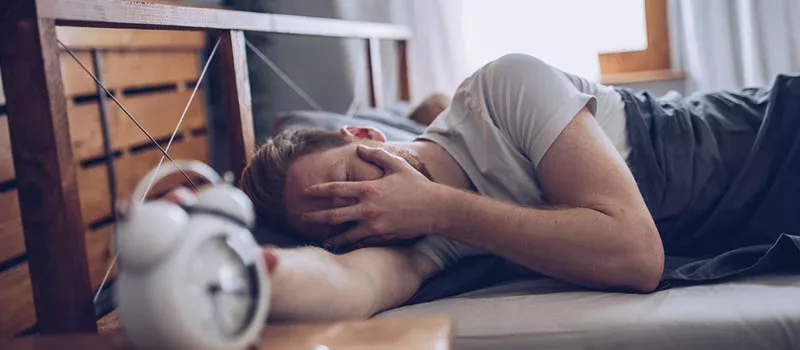Sleep & Stress

Magnesium Glycinate Benefits
Magnesium glycinate is a highly bioavailable form of magnesium that combines magnesium with the amino acid glycine. This particular form has gained popularity due to its good bioavailability and that it is well tolerated, compared to other magnesium supplements. Magnesium improves sleep quality1 and

Benefits of Hops
Nearly all of us have spent a night wide awake and willing for sleep to come. Hops has traditionally been used in Western herbal medicine to relieve sleeplesness and assist in a good night’s sleep.

Ziziphus and Sleep
Ziziphus (Ziziphus spinosa) plant originates from China with a history of over 4000 years. The seed has been used medicinally for more than 1700 years.

What is the Difference Between Stress and Mild Anxiety?
All of us have to deal with stress. It occurs when we are faced with adverse or demanding circumstances and is a natural response to anything that disrupts our life and regular routine.

What is St John’s Wort?
St John’s Wort (Hypericum perforatum) is a herb that has been used for centuries in Europe to treat a wide range of conditions. It has been referenced by the Dioscorides, the Greek of the 1st century AD and the Greek doctor of the 5th century Hippocrates, where it was known by its Greek name ‘Yperic

How to manage mild anxiety
Mild anxiety is characterised by feelings of fear and worry, but it’s much more than that. While feeling stressed is a common response to situations of heightened pressure or expectation, anxious feelings don’t necessarily go away once the situation is resolved. Anxiety is very common, with data ind

How much sleep do we really need?
We all know the magical, restorative power of a good night’s sleep. Waking up feeling refreshed and ready to conquer the day is a sure sign that you have had some quality ‘zzz’ during the night. If you’ve missed out on getting enough sleep, it’s getting through the day is undeniably much harder: you

How Much Sleep Do Children Need?
Children have much greater sleep needs than adults as sleep directly impacts on their physical and mental development. In fact, sleep is so important that by age two, most toddlers will have spent more time asleep than awake and children will have spent about 40% of their total childhood sleeping.

Are you getting enough sleep?
Tired. Grumpy. Irritable. Unable to concentrate. We all know those feelings and they usually appear when we’re sleep deprived. We’ll also probably have dark circles under our eyes and want to throttle the next person who says “you look tired”.